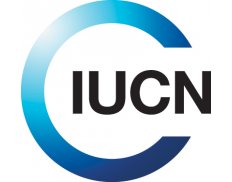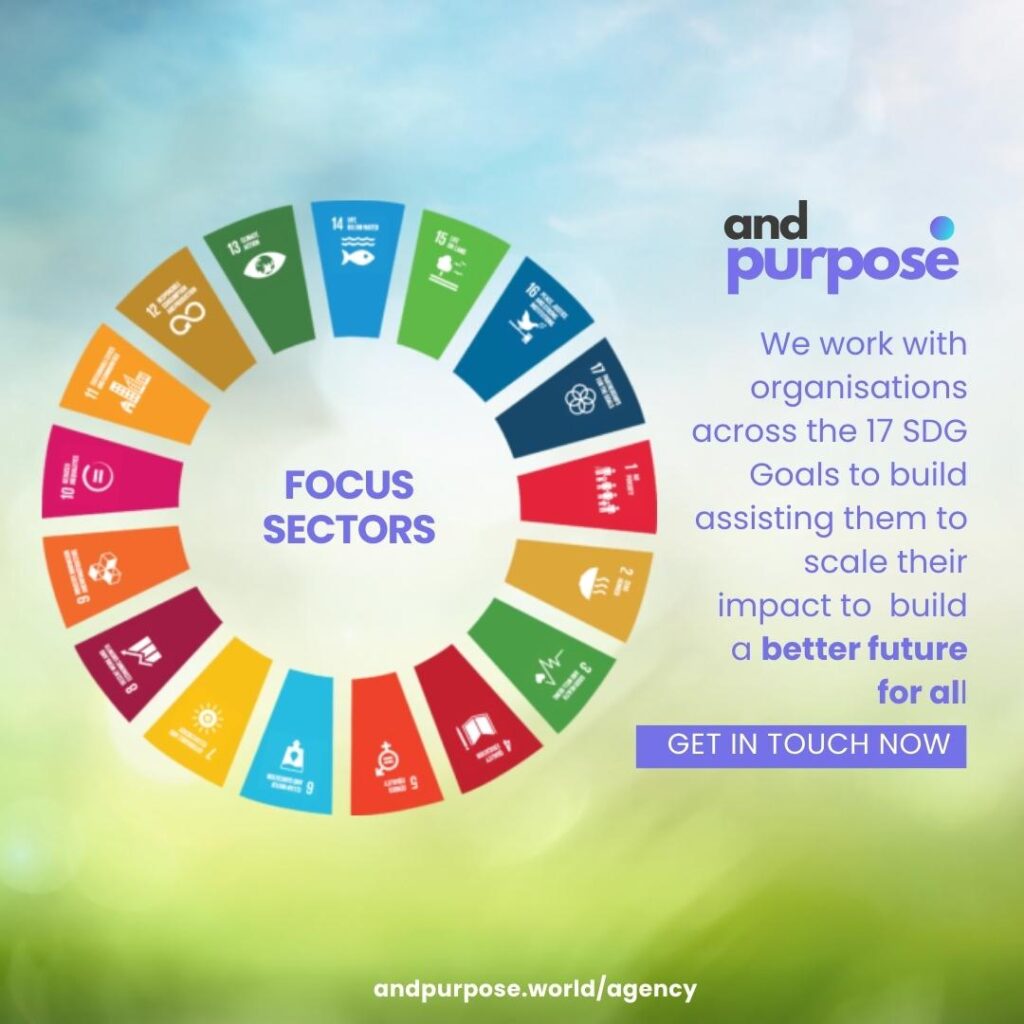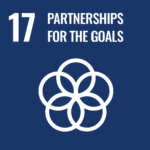About Organisation
The International Union for Conservation of Nature (IUCN) is a unique membership-based Union that brings together governments, civil society organisations, Indigenous Peoples’ groups, businesses, and local communities with a shared goal of conserving nature and advancing sustainable development. Founded in 1948, IUCN has grown into one of the world’s most influential environmental organisations, providing knowledge, tools, and policy guidance to address global challenges such as biodiversity loss, climate change, and sustainable livelihoods. With a strong commitment to justice, equity, and inclusivity, IUCN works at the intersection of nature conservation and human well-being, ensuring that environmental action supports social development and respects cultural values. The organisation engages in a wide range of activities, from conducting scientific assessments and publishing authoritative data on species and ecosystems, to facilitating partnerships that enable knowledge-sharing and collective action. IUCN also plays an important role in shaping international agreements and frameworks that safeguard the environment. Through its diverse membership and network of experts, IUCN fosters collaboration and empowers communities to take action for people and the planet. At its core, IUCN envisions a just world that values, protects, and conserves nature, while advancing resilience, equity, and sustainability for future generations.
About the Grant
The Resilient, Inclusive and Sustainable Environments (RISE) grants challenge is a pioneering funding initiative designed to address the critical intersection between gender-based violence (GBV) and environmental challenges. Launched by IUCN with the support of Norway and the Norwegian Agency for Development Cooperation, the programme responds to groundbreaking research linking GBV with environmental and climate-related issues. RISE aims to fill knowledge, cooperation, and investment gaps by supporting innovative projects that integrate GBV risk mitigation into conservation and climate work. Since 2022, the programme has been managed through the IUCN and its Gender-based Violence and Environment Linkages (GBV-ENV) Center, which provides resources, technical support, and platforms for collective learning.
The 2025 RISE Call for Proposals marks the sixth round of this initiative, seeking to grow its global community of practice. This year’s focus is on supporting projects embedded in marine and terrestrial Indigenous-managed lands, protected areas, and other effective conservation measures. The grants emphasise rights-based, socially inclusive, and gender-responsive approaches that address vulnerabilities faced by Indigenous women, youth, LGBTQIA+ individuals, environmental defenders, and marginalised groups. By funding transformative projects, RISE contributes to global goals of eliminating gender-based violence while fostering climate resilience, equitable conservation, and sustainable development.
Who can Apply?
The RISE grants challenge welcomes a broad range of applicants that demonstrate a strong commitment to addressing both environmental and gender-based violence issues. Eligible organisations include non-governmental organisations (NGOs), civil society organisations (CSOs), grassroots and community-based organisations (CBOs), Indigenous Peoples’ Organisations (IPOs), women- and youth-led groups, women-owned enterprises, faith-based organisations (FBOs), intergovernmental organisations (IGOs), international NGOs, research institutes, universities (non-publicly funded), think tanks, and private sector entities. For-profit organisations are eligible provided their proposals are strictly non-profit in nature. Partnerships and collaborations are encouraged, with lead applicants required to partner with no more than two organisations. Governments and public entities cannot serve as partners but may engage as stakeholders.
Applicants must demonstrate a legal presence or partnership in the country of operation, preferably involving grassroots, locally-led organisations. Proposals must align with the grant’s objectives by embedding GBV risk mitigation within environmental and climate initiatives. Applicants are also expected to have adequate operational and administrative capacity to deliver projects effectively, along with compliance to IUCN’s Sexual Exploitation, Abuse, and Harassment (SEAH) policy. Proposals must be submitted in English, and applicants must integrate self- and collective-care strategies to ensure the well-being of project staff. Organisations with prior RISE experience are welcome to reapply, building on previous results.
How to Apply?
Interested organisations must prepare and submit a proposal in English, demonstrating alignment with the RISE challenge objectives and compliance with programmatic requirements. Applications should include details on partnerships, local presence, operational capacity, and strategies for GBV risk mitigation in environmental projects. Applicants must also provide documentation of legal status and SEAH policy compliance. Proposals should be submitted before the specified deadline. Hand-written submissions will not be accepted.
Application Deadline
The deadline for submitting proposals under the 2025 RISE grants challenge is 08 September 2025. All interested applicants are encouraged to finalise and submit complete applications by this date.
Last Date To Apply
For more information, please visit the grant website here.









